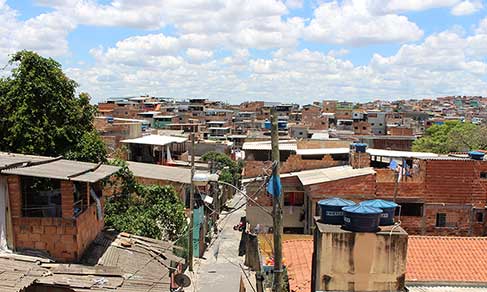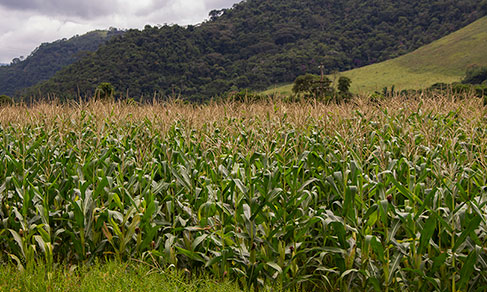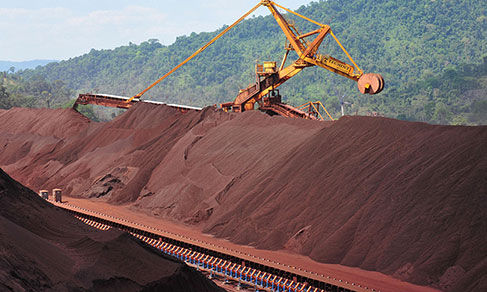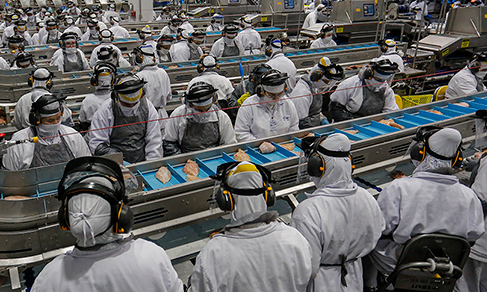IPP
Industrial inflation decelerates to 0.56% in February
March 30, 2022 09h00 AM | Last Updated: March 30, 2022 02h25 PM
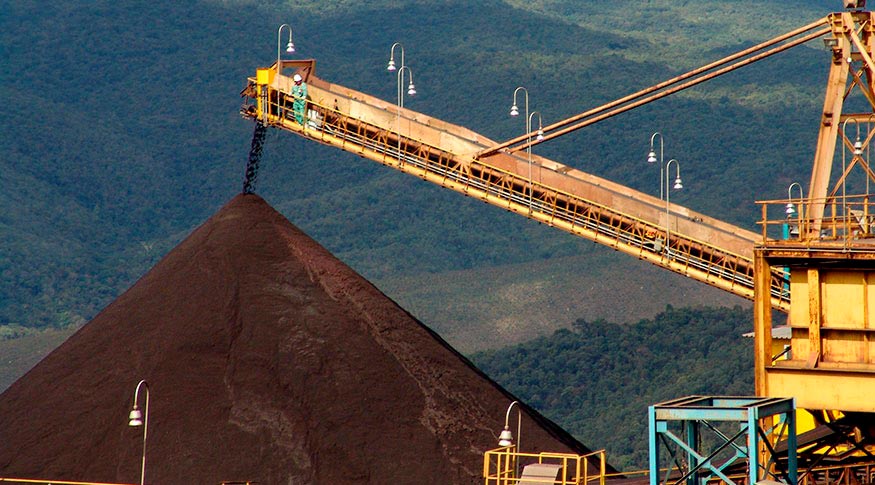
The prices in the industrial sector rose 0.56% in February 2022 in relation to January. The change had been 1.20% between January and December. The index that registers the last 12 months recorded a rate of 20.05%. It had been 25.53% in January. The cumulative indicator in the year hit 1.77%.
For the third month in a row, the mining and quarrying industry stands out with the highest change (8.34%) and the major influence: 0.44 p.p. in 0.56% of the IPP result. The data are from the Producer Price Index - IPP, released today (30) by the IBGE.
The IPP measures the change in the prices of products at the "factory gate", without tax or freight, of 24 activities of the mining and manufacturing industries. Of them, 15 rose. The four sectors with the highest changes in absolute terms were: mining and quarrying industries (8.34%), tobacco (-2.92%), wood (-2.73%) and basic metals (-2.55%).
According to Murilo Lemos Alvim, an analyst of the survey, the result decelerated in relation to January, yet the December´s indicator was lower than that registered in February, which shows that no one can state that it is a dropping trend. He explains that part of the deceleration in February is related to the currency.
“The February´s result is linked with the currency rate, since this month it recorded the biggest drop of the dollar in 20 months. The North-American currency dropped nearly 6%. The devaluation of the dollar can be noticed both in the cumulative index in the year (more than 8%) and in the cumulative indicator in 12 months (more than 4%). If we pick the four activities that stood out with the highest changes, three of them registered a drop in their prices. They are the activities that are directly impacted by the dollar: tobacco, wood and basic metals. Several products are exportable and it reflects in the price that will be received by the producers in real; if the dollar drops, they will receive less. There are also a number of sectors that depend on imported inputs. As the dollar dropped, the price of these inputs will be lower,” analyzes Alvim.
In the mining and quarrying industry, both crude petroleum oil and iron ore, commodities with prices quoted in the foreign market, had their prices risen.
“The consequences of the war between Russia and Ukraine did not clearly impacted on the IPP´s result. Ukraine began to be invaded in the end of February, and the major economic penalties against Russia happened from March onwards. The reduced supply coupled with a heated demand caused the two commodities to rise,” said the IPP analyst.
The sector of cars recorded a change of 0.28% in February, the 20th consecutive positive result of this indicator. As a result, this sector accumulates a change of 2.55%. The cumulative change in the last 12 months increased 14.79%, below the rate of 15.94% registered in January, which had been the highest figure for this indicator in the time series.
More about the survey
The IPP aims at measuring the average change of sale prices received by the domestic producers of goods and services, as well as their evolution over time, signaling the short-term inflationary trends in Brazil. It is a key indicator for the macroeconomic follow up and, consequently, a valuable analytical instrument for decision makers, either public or private.
The survey investigates, in slightly more than 2,100 enterprises, the prices received by producers, free from tax, tariffs and freight, defined according the most usual commercial practices. Nearly 6 thousand prices are collected monthly. The complete tables with the results are available at Sidra.








